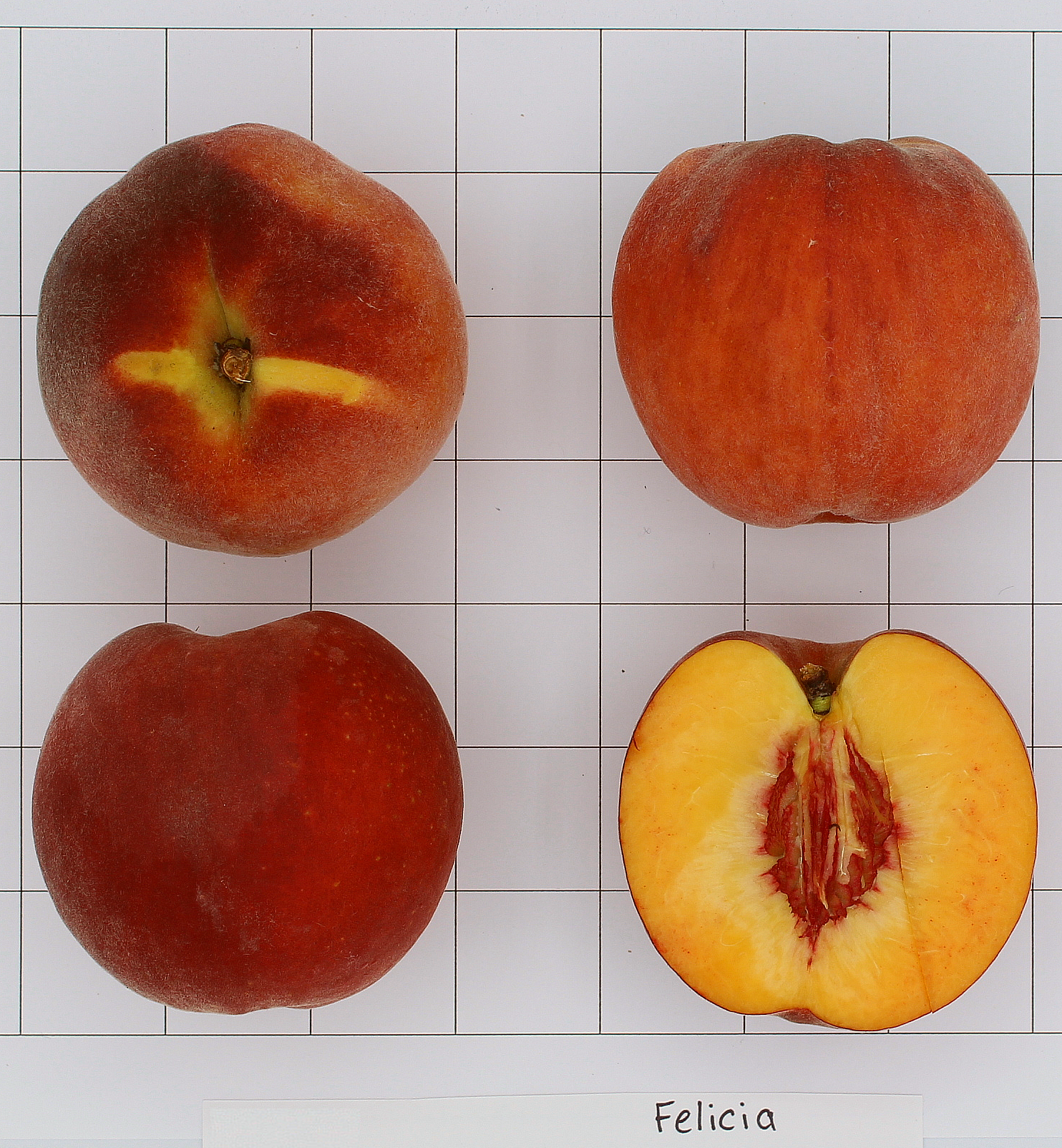Monday, October 16 @ 6:30 pm – 7:30 pm EST
Join NRCS Soil Conservationist Kimberly Dalton and Natural Resource Specialist James Strehse for a webinar explaining 2024 NRCS Funding Opportunities.
REGISTER HERE
Whether you’re small or large scale, conventional or organic, there are NRCS practices that can apply to your operation. The presentation will include program information and guidance on how to apply with your local USDA service center.
Registration is through the NOFA-NJ website.

